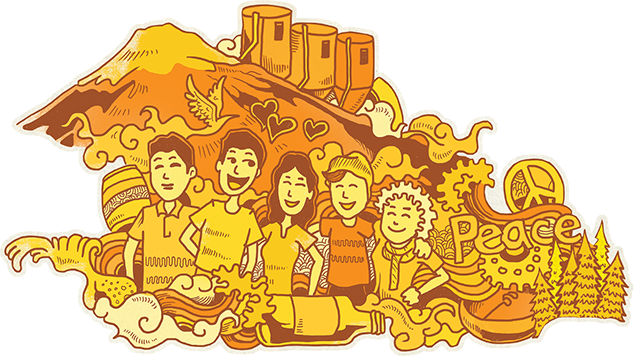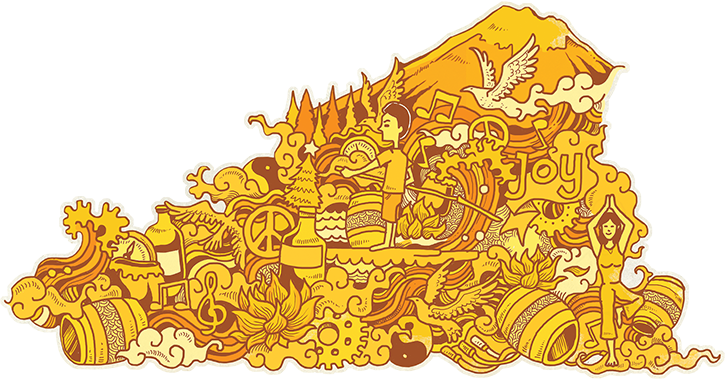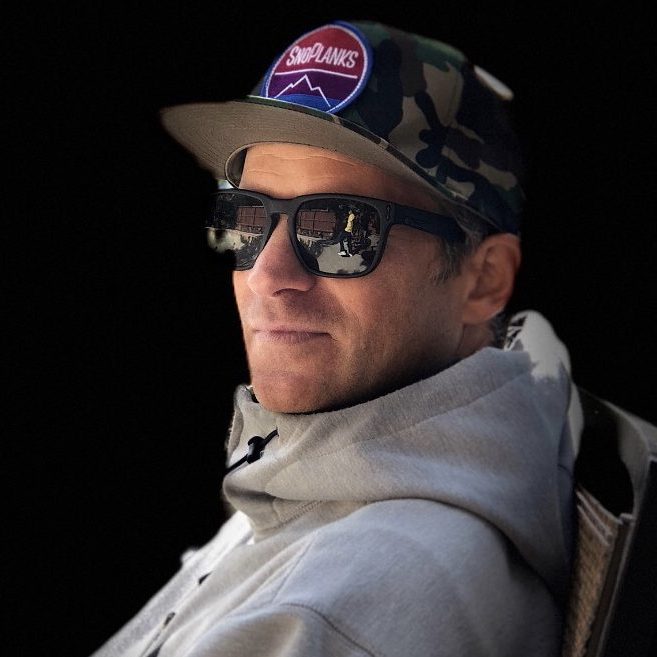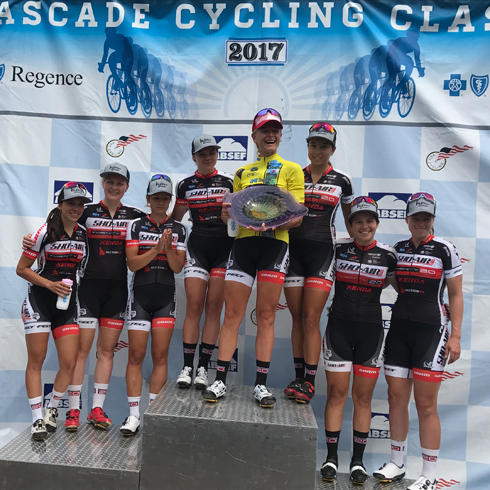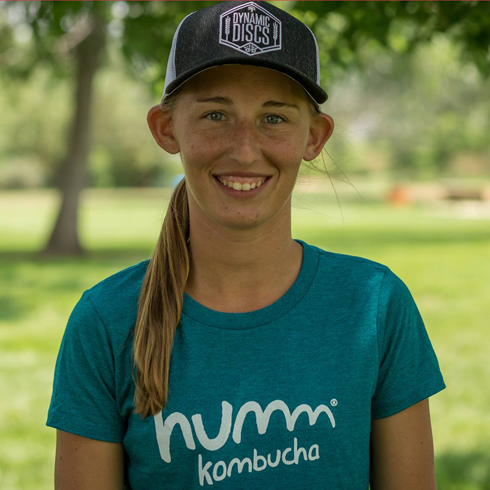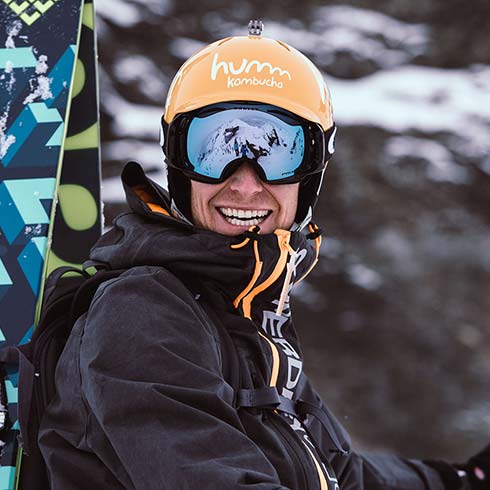
Team TWENTY20
HummSquad Profile: Team TWENTY20
As the founder and general manager of United by Sport LLC, Nicola Cranmer has nurtured one of the most successful bicycle racing programs in the U.S. Since forming in 2005 as a grassroots effort, the team has earned five Olympic medals and numerous world and national championships. And they’re not done yet. Sho-Air TWENTY20 is currently training for the 2020 Olympics. Cranmer, a former professional mountain bike racer, also mentors young women as part of her junior development program. In this conversation, Cranmer explains the unexpected origins of her company, the similarities between United by Sport and Humm, and what it takes to motivate some of the world’s best bicycle racers.How did you first connect with Humm?
Around 2008, the pro team I formed began going to Bend, Oregon, to race the five-day Cascade Cycling Classic stage race. Like most women’s team, we typically looked for host housing as it’s a great way to build community around the races we attend. The athletes love to stay with members of the community because it’s like an instant family. As you can imagine, staying in hotels can be challenging. It makes it harder to cook and eat the right foods, and it’s expensive. Plus, it can be isolating. We’d much rather get to know people in the community and be able to connect with the city that we are racing in. We have established life-long friends this way. So, through host housing, we were placed with Michelle Mitchell, Humm’s co-founder, and Eric Plantenberg, a partner at Humm. We stayed with them many years in a row and got to know them really well. This was back when Michelle was making kombucha at home under the original brand name Kombucha Mama. Most of the athletes weren’t familiar with kombucha then and Michelle introduced it to us. At that time, a lot of people were making kombucha home brews and those experiences weren’t always awesome. Some were chunky and just plain bad. But we tried Michelle’s and loved it. We used to do taste tests when we were in town to sample new flavor ideas. And since Eric is so entrepreneurial, we would sit in the garage and talk about how cool it would be if the kombucha company could sponsor the team someday. We’ve kept in touch over the years and watched the company develop and grow in an organic way, and finally got to make our sponsorship happen. And here we are! It’s not unlike my racing team, which started in a similar grassroots way. I was racing with a co-ed team out of Northern California, and the women were really doing well, and the men were not. But the men were getting all the support. So I decided to start a women’s team. Though I didn’t even know what that meant at the time. But there are many parallels between our team and Humm. Michelle started by making kombucha in her closet, and my first office was in a closet. Humm grew in a natural way, and so did our team. When I started, I didn’t look at the team as my business, it was just something I did out of necessity and passion. Because there is such a rich pool of athletes in Northern California I was forced to keep growing. I was working in real estate at the time, and quit that to run the team full time. It might not have been the best financial decision, but it was driven by passion, just like Humm.How does the team use Humm for training?
It’s a personal choice for each rider about how and when they drink kombucha, but I know many of them look forward to it immediately following a race. It raises their energy level again, gives them a B-12 buzz, and they like knowing they’re drinking something healthy. Many also drink it at home and before or after training rides. And then there’s just the refreshment of it. I love the effervescent fizz. It has all the health benefits and it’s delicious so it’s an easy sell to the team. Some of our riders were already familiar with kombucha, but for those that weren’t, it was a positive experience bringing it in. Now they all love it. And we got our two mechanics into it as well. One wasn’t so sure he’d like it because he’s more of a bacon guy. [laughs] But now he can’t get enough. We also share it with other teams and race officials and it’s fun to see the reactions. Some people have a poor perception of it. A lot of people should never see a SCOBY! [laughs] But once they try it, most people like it. We had kegs of Humm at one of the Bend races and we won. So that was awesome. I know Michelle sings to the kombucha and there’s a really good vibration around the brand, so that probably helped. And we like winning as well! Plus, kombucha is a natural product to share with other cycling teams. One of the cool things about the cycling community is that it’s very brand loyal. Since Humm is the first kombucha company to sponsor a pro racing team, raising awareness in the sport about the brand is great. Whether it’s cyclists who already like kombucha or those being introduced to it, they see Humm supporting the sport and they give support in return.“I love the effervescent fizz. It has all the health benefits and it’s delicious so it’s an easy sell to the team.”
What’s a training day look like for an Olympic-level athlete?
With high performance athletes, someone like three-time Olympic gold medalist Kristin Armstrong, or multi-time World Champion Chloé Dygert, a lot of training is stress management. After being to four Olympics and many championships, they have the physical training down, so it’s more about the mental game. There are a lot of things going on behind the scenes at the Olympics. It’s so hard to even get there, and another thing entirely to get a medal. So dealing with stress is a big part of it. As a manager or coach, you put them in a good environment, remain supportive and surround them with good people and good products.How do you balance the needs and motivations of a single rider with those of the team?
We have 12 riders on the pro team, 12 on the junior team and a para athlete so balancing all the needs is challenging. It takes skill. Our team director is Mari Holden, who won a silver medal at the 2000 Olympics in Sydney as well as numerous national and world championships. Her responsibility is working directly with the athletes. She makes sure they have place to stay, a schedule, time to recover after a race and a generally supportive and happy environment. Recovery is one of the most important things for an athlete. It’s also one of the most challenging things to manage. They don’t like to take rest days. After you finish a race, adrenaline and emotions are flying, and one of the first things you need to do is get them to drink something like kombucha and eat some food to replenish their system. The other challenge is balancing individual goals with team goals. We work on team building all the time, both on and off the bike. And of course, we’re also working with a lot of young athletes, so you’re not just coaching them as athletes, but also as people. Neither Mari or I have children, but we often say to each other, “Oh my gosh, I sound like my mother!” [laughs] Everything our mothers told us was actually true. And we remind our young riders of this. We tell them to trust us on this one.Describe your personal transition from professional athlete to managing and mentoring competitive riders?
My background is actually horses. I moved to America when I was 20 and met some people that got me into mountain biking in the late 1980s. But I never thought I’d lead a team, especially a road racing team. After I stopped competing, I started working with a friend’s sister who had turned 40 and wanted to do a 100-mile bike ride. She didn’t have a lot of experience besides commuting on her bike but wanted to set this goal. So I started riding with her to show her the ropes and how to train and inadvertently got myself in shape and ended up racing. I didn’t intend to, the universe guided me. I then joined a racing team in Northern California. It wasn’t one big single decision, it all just flowed. It pulled me into it more than me going towards it. I trusted it. And it’s worked out. With my company, I take a long-term approach. We’ve always included a junior program for riders under 18. It’s important to me to support junior athletes. It also keeps me focused and interested. Whether it’s juniors or pros, we focus on helping the athletes balance career, school and life with the demands of racing.What’s on the horizon for bicycle racing?
Education has always been an important part of our program. Many more colleges now offer cycling scholarships. Nearly all our junior athletes (seniors who have graduated from high school) in the last seven years have received scholarships to college. We also have our own scholarship program to help cover college fees for junior athletes on our team. My hope is not that all our junior riders go on to be pros; I’m more interested in them going on to be well-rounded, educated young people who learned from being part of our program. It seems to be working. Colleges now come to us to recruit our athletes early because they are learning so many positive things that make them good students as well as riders. Another change involves media exposure. It’s easier than ever to use social media to support teams, which creates new opportunities. Companies are looking for content and this opens doors to female teams and female sports in general. It’s something we are using to our advantage. It’s a powerful time for women’s cycling and we are so stoked to have Humm Kombucha as a partner on our journey.Follow @teamTWENTY20
@nicolacranmer
Afternoon slip n slide #hummbandit #idaho #snow @oakleybike @hummkombucha #hummkombucha
@nicolacranmer
#cabinlife snowy #sundayfunday fueling with @hummkombucha working on spreadsheets again....
@nicolacranmer
This just happened! #winterwonderland #idaho #letitsnow A perfect morning to work on spreadsheets, drink coffee and watch The Holiday!!
See all the HummSquad
